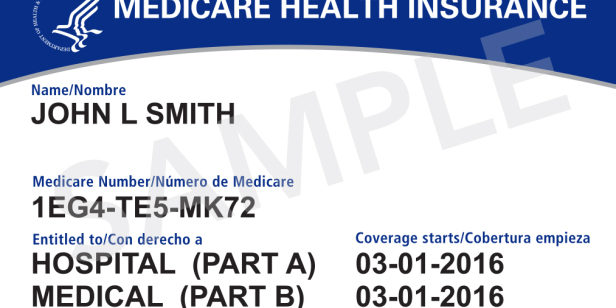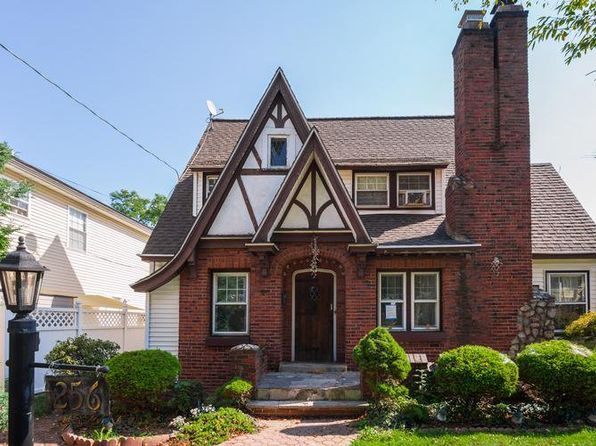Table of Content
- Medicaid Cost Sharing With Medicare
- Step 2: Assessing Medical Eligibility for Nursing Home Medicaid
- Medicare vs. Medicaid Roles in Nursing Home Care
- Medicaid and Nursing Homes: A Quick Guide to the Rules
- Step 6: Complete and Submit Your Application for Nursing Home Medicaid
- Step 4a: Applicant is Financially Eligible for Nursing Home Medicaid
This includes a variety of long-term care benefits such as adult day care, doctor’s visits, skilled nursing care, in-home personal care, prescription assistance and transportation. ABD Medicaid beneficiaries qualify for these benefits and services one at a time, which is different from Nursing Home Medicaid, which makes all of its services immediately available for anyone who qualifies. Instead, ABD Medicaid recipients will be evaluated by the state to determine what kind of long-term care benefits they need and will receive. MI Health Link is a managed care program for Michigan residents who are eligible for both Medicaid and Medicare that combines the benefits of both programs into one plan.

Medication administration includes the preparation and dispensing of medications along with any assistance needed in taking the medication. Join our email series to receive your free Medicare guide and the latest information about Medicare and Medicare Advantage. For a comprehensive list of what Medicaid can cover visit Iowas Department of Human Services Medicare Services webpage. This could be someone you trust and are familiar with, such as a friend, relative, or neighbor.
Medicaid Cost Sharing With Medicare
This article focuses on Iowa Medicaid Long Term Care, which is different from regular Medicaid. You must be 65 years of age or older.You must meet the income and assets requirements for Medicaid assistance for living in a nursing home facility.You must need nursing or skilled level of care. The Medicaid program will only pay for care received in a nursing facility that is licensed by the state. A specialized nursing facility must meet additional federal requirements, such as having a minimum number of beds and providing a higher level of care than a nursing facility. Medicaid is a government health insurance program for people with low incomes and few resources.

TZ Insurance Solutions LLC, TruBridge, Inc., and the licensed sales agents that may call you are not connected with or endorsed by the U.S. You can compare plans online to find out if D-SNPs are available where you live, or you can call to speak with a licensed insurance agent for information about eligibility and enrollment. A nursing home is designed for individuals who can no longer live independently in their own homes and require around-the-clock care.
Step 2: Assessing Medical Eligibility for Nursing Home Medicaid
It is highly advised that persons over the asset limit consult with a professional Medicaid planner prior to moving forward with these strategies. QITs are a planning strategy for persons who have income over Medicaid’s income limit. In an oversimplified explanation, an applicant’s monthly income in excess of the limit is put into a QIT, no longer counting towards Medicaid’s income limit. The money in the trust, which is managed by someone other than the Medicaid applicant, can only be used for very specific purposes. Examples include paying Medicare premiums and medical expenses that are not covered by Medicaid. Elderly Waiver Programs provide all the services youd get in a nursing home, except the care takes place in your residence.

Specific needs for the individual are then evaluated against the nursing home they are moving into, to ensure a good fit. The PASRR might be a combination of all required assessments to determine nursing needs, or it may be required in addition to other screenings required in your state, depending on where you live. This is because a person without SMI or ID might still need nursing care. To be eligible for Medicaid, you must meet certain guidelines for income and financial assets.
Medicare vs. Medicaid Roles in Nursing Home Care
Since Medicaid is both a federal and state program, the eligibility requirements, available programs and benefits vary. Medicaid covers a comprehensive range of healthcare services for Iowans who meet the programs eligibility criteria. These services can include healthcare, behavioral care, long term care, home and community based support services. All pregnant women enrolled in managed care through the PHPs will continue to receive a coordinated set of high-quality clinical maternity services through the PMP. This program will be administered as a partnership between PHPs and local maternity care service providers . Together, these two programs will work to improve the overall health of women and newborns across the state.
IADLs include preparing meals, shopping for essentials, housecleaning, and medication management. A functional needs assessment is done, usually by a medical professional, to determine one’s level of care needs and their inability to perform ADL’s and / or IADL’s. To participate in Medicaid, federal law requires states to cover certain groups of individuals. Low-income families, qualified pregnant women and children, and individuals receiving Supplemental Security Income are examples ofmandatory eligibility groups. States have additional options for coverage and may choose to cover other groups, such as individuals receiving home and community-based services and children in foster care who are not otherwise eligible. A related question is if Medicaid covers nursing home care for dementia?
These are just a few of the strategies that you can use to become Medicaid eligible for nursing home care in the United States. There are strategies that elderly Americans can use to meet Medicaid eligibility requirements for nursing home care in a more comprehensive manner. Medicaid planners are professionals who help people navigate the Medicaid eligibility process. These professionals are typically lawyers and work in several interrelated fields of the law. To be eligible for Medicaid coverage of nursing home care, an individual must meet certain asset and income requirements. Medicaid will consider an applicant’s countable assets, which can include cash, bank accounts, investments, and property.

The name of this program varies by state, but essentially it is a “spend down” program. Persons with income over the limit pay a “share of cost”, which can be thought of as a deductible, to bring their income down to the medically needy income limit. Once this has been done, they qualify for Medicaid for the remainder of the spend down period. Neither the Medicaid program nor the nursing home may seize any money or assets accumulated by a resident.
Probate is the legal process of distributing a person’s assets after they die. Probate can be costly and time-consuming, so many people try to avoid it. You can create an irrevocable trust and transfer your assets into it. This type of trust is not counted as an asset by the government, so you can still qualify for Medicaid coverage. The easiest way to find the most current Michigan Medicaid eligibility criteria for one’s specific situation is to use our Medicaid Eligibility Requirements Finder tool. Nursing Home Medicaid is an entitlement, which means anyone who meets the qualifications must receive the benefits from their state, without going on a waiting list.

These are two different types of Medicaid programs with varying eligibility requirements. Medicare will only cover part of the cost of nursing home care and only for a maximum of 100 days. Short-term nursing homes are commonly called convalescent homes and these are meant for rehabilitation, not long term care. Because each state may have slightly different guidelines for eligibility and enrollment, it’s best to contact your state Medicaid program for information about you can apply for nursing home coverage. Many residents of nursing homes still bring in some money in the form of inheritances, stimulus checks or other means. Residents are entitled to a modest personal needs allowance that can vary by state.
In most states, the home equity interest limit is $688,000 or $1,033,000. California is the only state that does not have a home equity interest limit. Furthermore, if the applicant does not live in the home, there must be “intent to return” for it to maintain its exempt status. To be clear, there is no home equity interest limit for ABD Medicaid.









